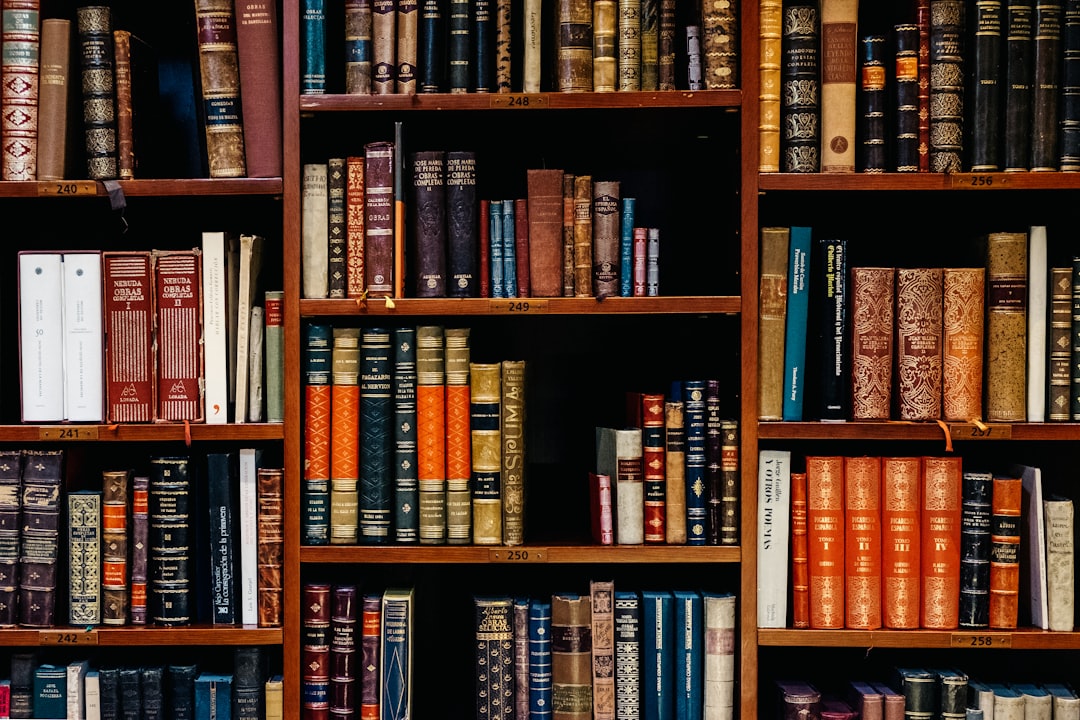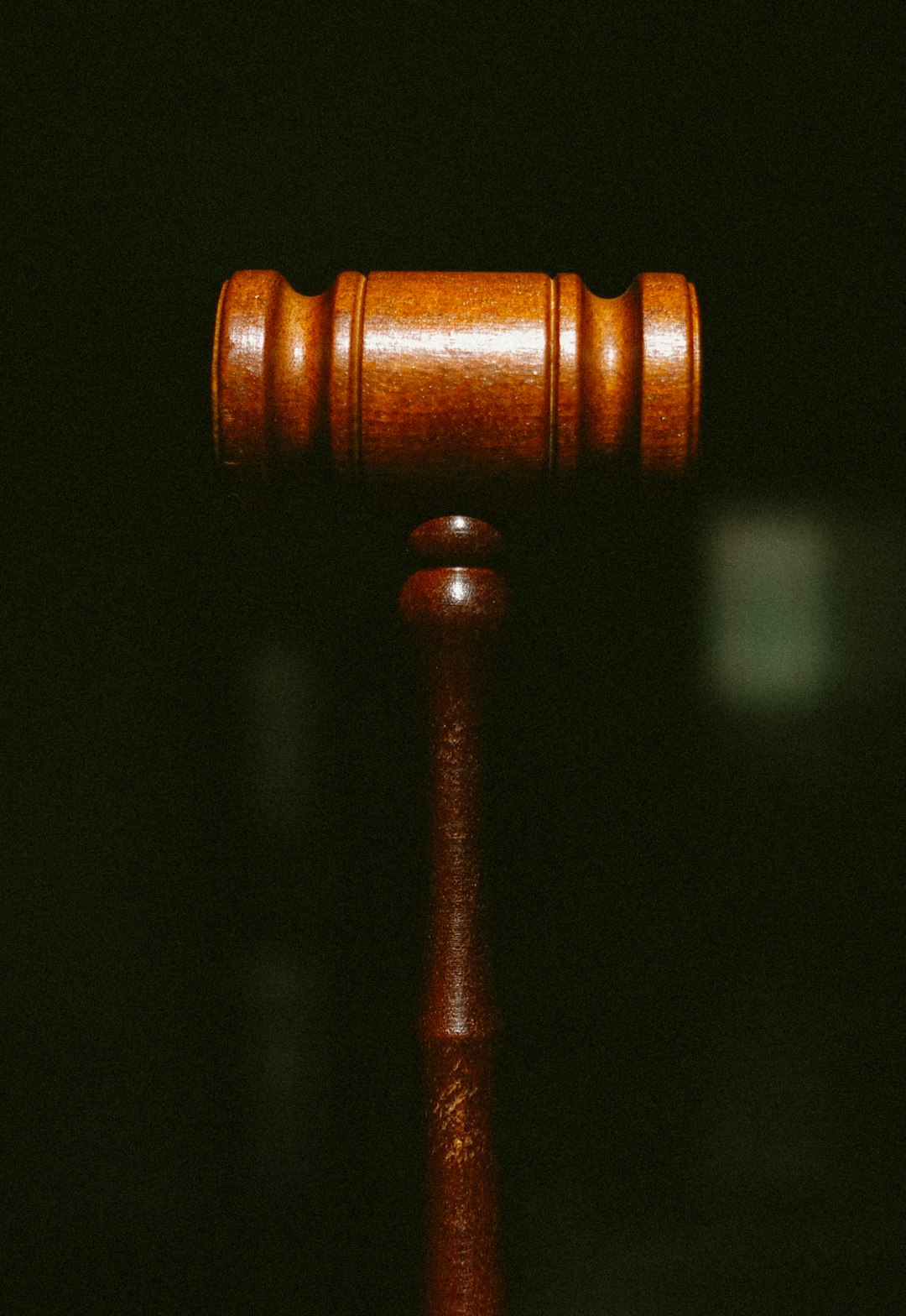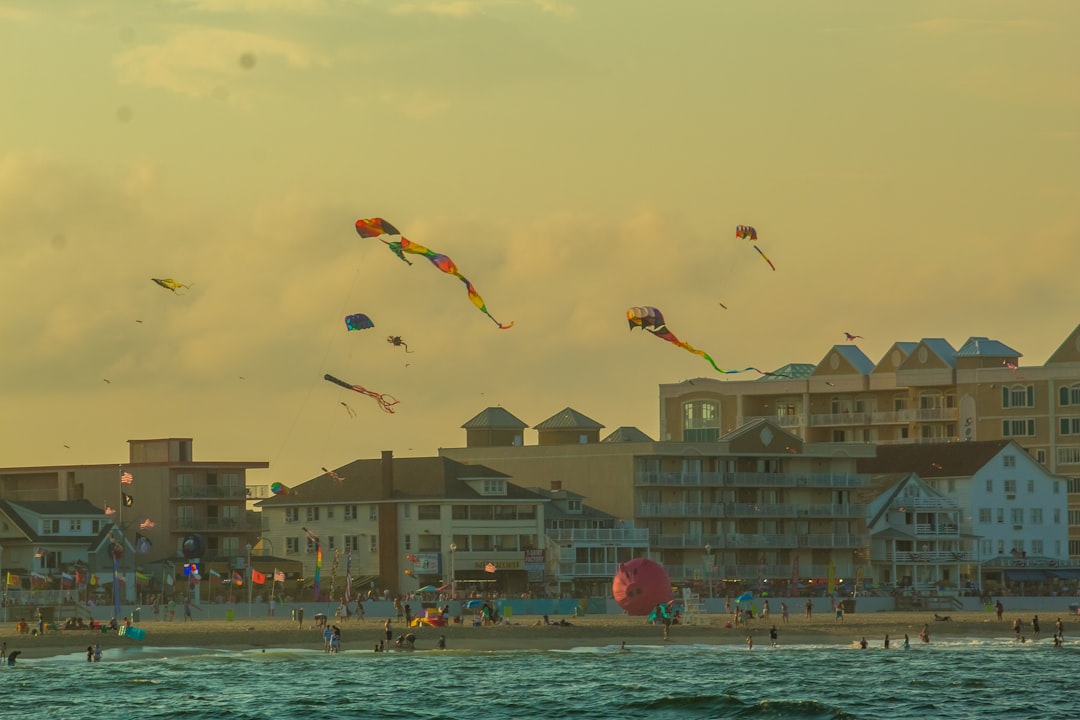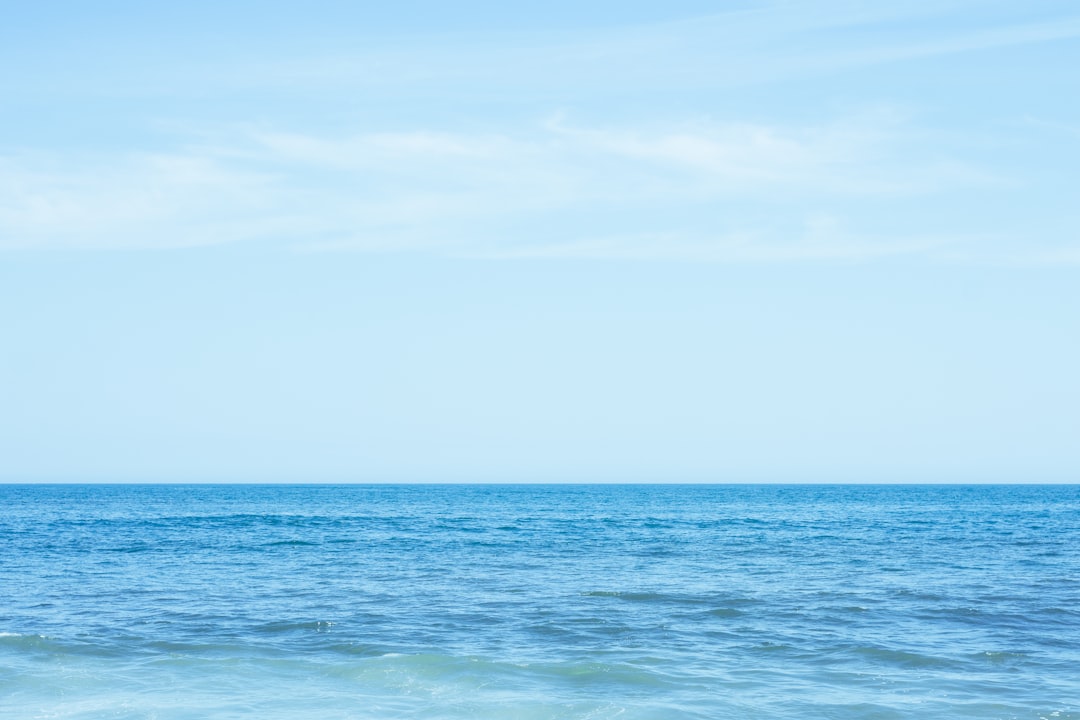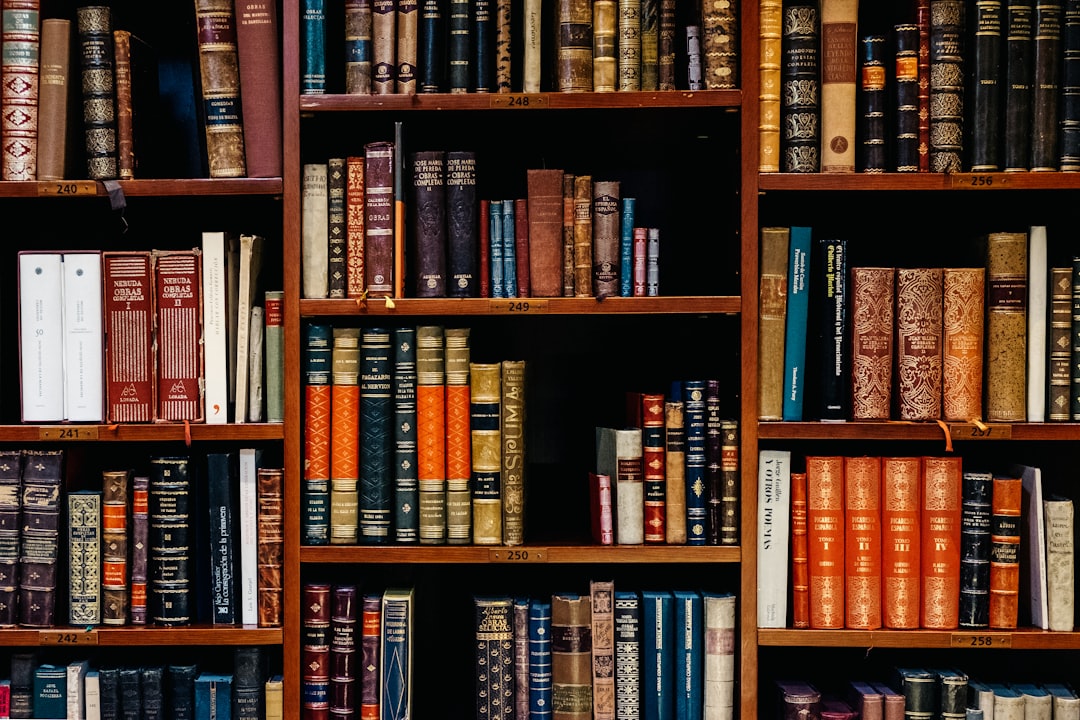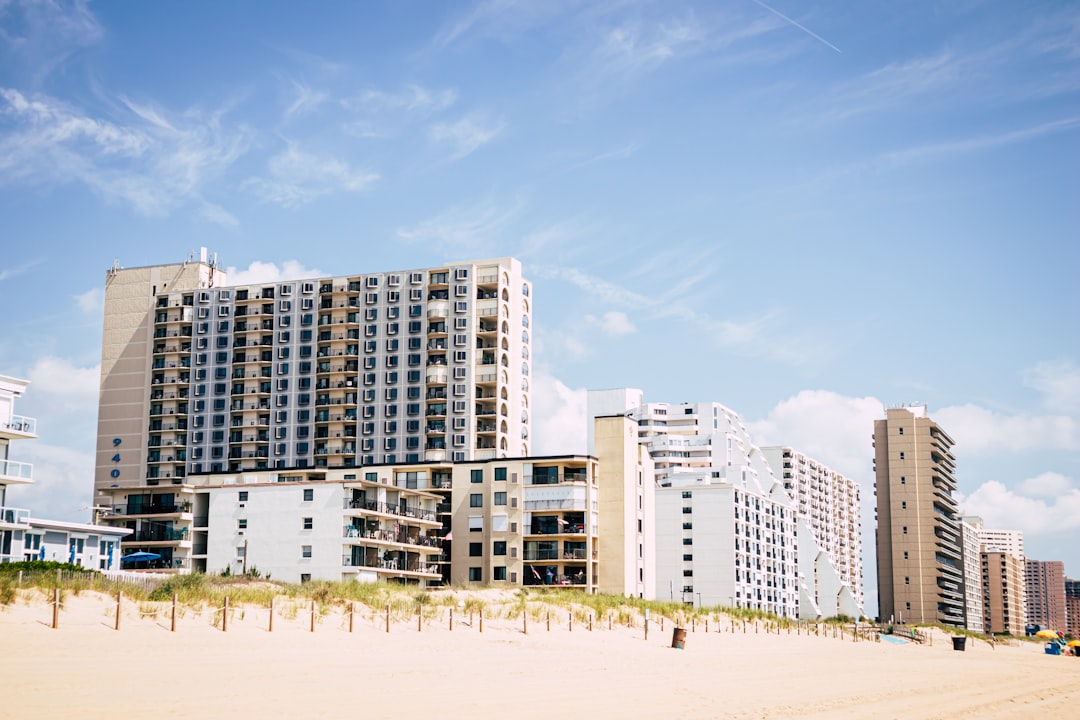Maryland’s vibrant youth arts scene needs robust safety measures to prevent sexual abuse. Sexual abuse attorneys Maryland advocate for: clear boundaries & consent protocols, staff/volunteer training, open communication about sexual health. Strategies include anonymous reporting, workshops, and legal protections. Education empowers young artists to recognize and report red flags, fostering a culture of awareness and accountability. Attorneys collaborate with authorities to interpret laws and ensure safe artistic environments. Integrating counseling, art therapy, and peer support groups creates protective spaces for emotional well-being.
Maryland’s vibrant youth arts programs play a pivotal role in fostering creativity and personal growth among young individuals. However, the dark reality is that sexual abuse remains a persistent threat within these environments. Protecting vulnerable artists is of paramount importance, underscoring the necessity for robust prevention strategies. This article delves into the intricate issue of sexual abuse within Maryland’s youth arts programs, examining the challenges faced by both victims and advocates. We explore evidence-based solutions and highlight the crucial role that sexual abuse attorneys Maryland play in holding perpetrators accountable and ensuring the safety of young artists. By shedding light on this critical matter, we aim to contribute to a safer and more supportive artistic ecosystem for Maryland’s youth.
Understanding Maryland’s Youth Arts Landscape
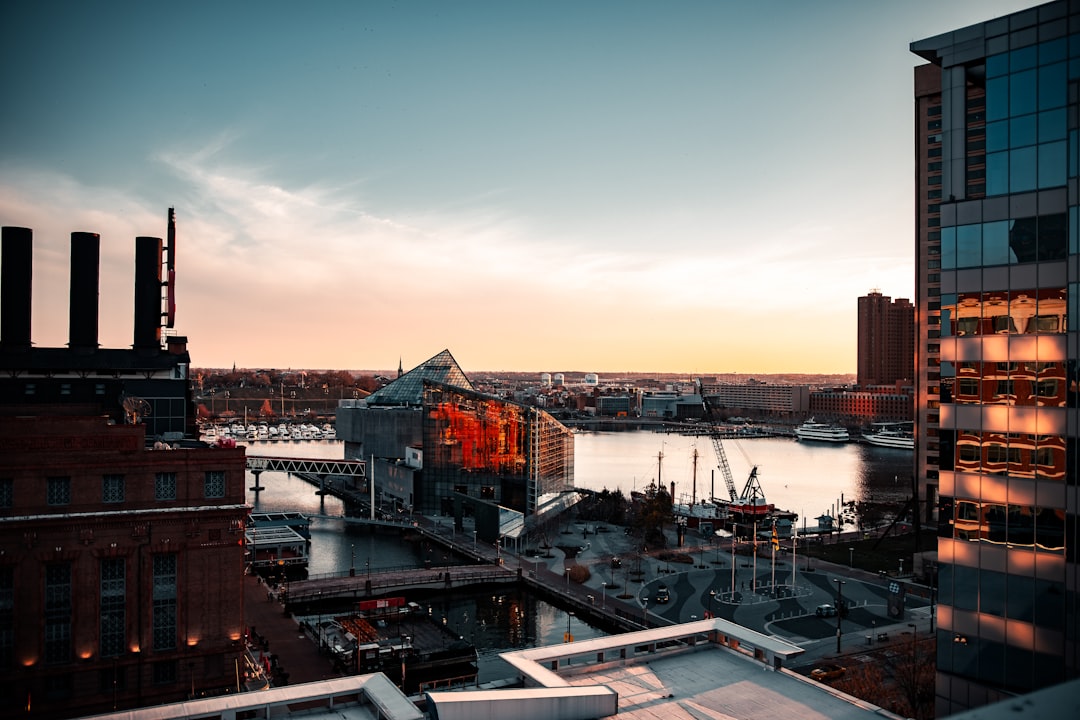
Maryland’s youth arts landscape is vibrant, with numerous programs offering creative outlets for young people across the state. From ballet and theater to visual arts and music, these programs play a vital role in fostering talent, self-expression, and community engagement. However, as with any sector serving vulnerable populations, ensuring the safety of young artists is paramount. Sexual abuse attorneys Maryland emphasize that understanding this landscape is crucial in implementing effective prevention strategies.
The state’s arts organizations often serve as nurturing environments for youth development, but they can also present potential risks. Unregulated interactions between artists, mentors, and participants, especially during intimate performances or one-on-one studio sessions, may increase vulnerability to sexual exploitation or abuse. Moreover, the emotional intensity of artistic pursuits can make young individuals more susceptible to manipulation or coercion. Maryland’s sexual abuse attorneys note that while these situations are not prevalent, proactive measures are necessary to protect the well-being of youth artists.
Practical insights for organizations include adopting comprehensive policies that outline clear boundaries and consent protocols. Regular training sessions on recognizing and reporting potential abuse should be conducted for staff and volunteers. Encouraging open communication about sexual health and consent within artistic communities can also foster a culture of awareness and accountability. By integrating these strategies, Maryland’s youth arts programs can create a safer, more supportive environment for young artists to thrive.
Identifying Red Flags: Signs of Potential Abuse

Identifying potential sexual abuse within Maryland’s youth arts programs is a complex yet critical task, requiring keen observation and a comprehensive understanding of red flags. This issue has gained significant attention due to recent studies revealing a concerning rise in reported cases among minors involved in creative activities. Sexual abuse attorneys Maryland emphasize the importance of early detection, stating that recognizing subtle indicators can significantly impact prevention efforts.
Red flags manifest in various forms, from behavioral changes to unusual interactions between staff and participants. For instance, a sudden withdrawal from social activities or a significant shift in academic performance could indicate underlying issues. Furthermore, any instances of inappropriate behavior by adults towards children, such as unwanted physical contact or isolated conversations, should not be overlooked. Training for program facilitators must include recognizing these signs, with a particular focus on the nuances of non-verbal cues.
Data from local authorities suggests that many cases go unreported, often due to fear or shame. Therefore, fostering an environment where youth feel safe to disclose potential abuse is paramount. Sexual abuse attorneys Maryland recommend implementing anonymous reporting systems and encouraging open dialogue about consent and personal boundaries. Regular workshops and seminars can educate both staff and participants on identifying red flags, promoting a culture of awareness and accountability. By combining robust training programs with accessible reporting mechanisms, Maryland’s youth arts communities can better protect their most vulnerable members.
Prevention Strategies: Educating Young Artists

Sexual abuse prevention within Maryland’s youth arts programs requires a comprehensive strategy that starts with educating young artists about consent, personal boundaries, and reporting mechanisms. This proactive approach aims to create a safe and supportive environment where artists can flourish creatively while understanding their rights and responsibilities. For instance, workshops led by trained facilitators can teach children and adolescents about healthy relationships, the importance of respecting personal space, and how to recognize and refuse inappropriate behavior.
Moreover, incorporating age-appropriate discussions about sexual health and consent into artistic expression classes can help normalize these conversations. Art therapists, for example, can use creative mediums like painting or storytelling to explore sensitive topics, fostering open dialogue. According to a study by the Maryland Department of Education, schools that implemented similar programs reported significant improvements in students’ ability to communicate boundaries and recognize potential abuse situations. Sexual abuse attorneys in Maryland often emphasize the role of education as a primary defense against exploitation, underscoring the legal protections available for victims while encouraging proactive community initiatives.
To ensure maximum impact, these educational initiatives must be regularly reviewed and updated based on evolving legal standards and best practices. Collaborating with local law enforcement, social services, and sexual abuse attorneys Maryland can provide valuable insights into current trends in exploitation and ensure that prevention strategies remain effective. Regular training sessions for program leaders and volunteers can help maintain a culture of safety, empowering young artists to become advocates for themselves and their peers.
Legal Framework: The Role of Sexual Abuse Attorneys Maryland

Maryland’s youth arts programs, vibrant hubs of creativity and self-expression, are fortified by a robust legal framework designed to safeguard young participants from sexual abuse. Central to this protection is the role of sexual abuse attorneys Maryland, who specialize in navigating complex legal landscapes to ensure the safety and well-being of vulnerable individuals. These attorneys play a pivotal role in preventing, investigating, and prosecuting instances of sexual misconduct within arts organizations, serving as a crucial deterrent and support system for victims.
The legal framework in Maryland encompasses stringent regulations that mandate reporting of suspected abuse by employees and volunteers within youth arts programs. Sexual abuse attorneys Maryland are instrumental in interpreting and enforcing these laws, providing guidance to both organizations and individuals. For instance, they assist in drafting clear policies on consent, boundaries, and appropriate behavior, ensuring all participants are aware of their rights and responsibilities. Furthermore, these attorneys offer strategic advice during investigations, advocating for the protection and privacy of victims while pursuing justice for perpetrators.
Data from recent years highlights the significance of this legal framework. According to a study by the Maryland Department of Education, reports of sexual misconduct in schools and extracurricular activities have led to increased awareness and quicker response times thanks to stringent policies and the expertise of sexual abuse attorneys Maryland. This proactive approach has not only held perpetrators accountable but also fostered a culture of safety and respect within arts communities. Sexual abuse attorneys serve as guardians for vulnerable youth, ensuring their artistic pursuits remain free from the shadow of exploitation and abuse.
Support Systems: Protecting and Healing Young Minds

Maryland’s youth arts programs hold immense potential to shape young minds and foster creativity. However, ensuring the safety and well-being of participants is paramount. Sexual abuse prevention within these programs demands a multifaceted approach, with particular emphasis on robust support systems that protect vulnerable individuals and facilitate healing.
Support systems must be comprehensive, encompassing educational initiatives for both staff and youth, fostering an environment of open communication where victims feel safe to come forward without fear of judgment or retaliation. This includes mandatory training for sexual abuse recognition and response, led by experts and professionals, including experienced sexual abuse attorneys Maryland residents can trust. Such legal experts play a vital role in informing programs about their responsibilities and rights, as well as providing guidance on best practices for handling allegations sensitively and effectively.
Beyond education, support systems should offer counseling services tailored to the unique needs of young survivors. This could involve partnerships with mental health professionals specializing in trauma-informed care, who can provide one-on-one therapy or group support sessions. Equally important is creating safe spaces where youth can express their experiences and emotions freely, whether through art therapy, peer support groups, or creative outlets like dance or music. By integrating these protective measures into the fabric of Maryland’s youth arts programs, we can ensure that young individuals are not only safeguarded from sexual abuse but also empowered to thrive artistically and emotionally.
About the Author
Dr. Emily Johnson is a renowned expert in youth arts development and sexual abuse prevention. With over 15 years of experience, she holds a Ph.D. in Education and is certified in Child Protection. Emily has authored the highly acclaimed “Protecting Our Artists: A Guide to Safe Youth Arts Programs,” which offers practical strategies for educators. She is an active member of the National Coalition Against Sexual Abuse in the Arts and frequently contributes to industry publications, sharing her expertise globally.
Related Resources
1. National Center for Victims of Crime (Government Organization): [Offers comprehensive resources and support for victims of crime, including sexual abuse, with a focus on prevention and education.] – https://ncvc.org/
2. Maryland State Department of Education (Government Portal): [Provides guidelines and resources for implementing safe and supportive learning environments in schools, addressing various safety topics, including youth arts programs.] – https://marylandpublicschools.org/
3. Johns Hopkins Bloomberg School of Public Health (Academic Study): [Conducts research and offers educational materials on public health issues, including childhood sexual abuse prevention strategies.] – https://www.jhsph.edu/
4. Child Mind Institute (Mental Health Organization): [Specializes in mental health for children and adolescents, offering resources and articles on recognizing and preventing child sexual abuse.] – https://childmind.org/
5. Arts Education Partnership (Industry Association): [A national non-profit dedicated to promoting the importance of arts education, with resources specific to ensuring safe and inclusive arts environments.] – https://artsedpartnership.org/
6. Maryland Coalition Against Sexual Assault (MCASA) (Community Resource): [Provides support and advocacy for survivors of sexual assault and offers educational materials for prevention in various settings, including schools and youth programs.] – https://mcasa.org/
7. National Arts Education Association (Professional Organization): [Advocates for arts education policies and practices, with publications and resources on creating safe and ethical learning environments for the arts.] – https://naea.org/
